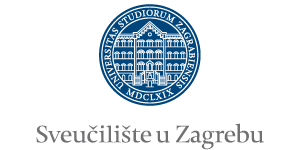In this course, through repeated reflections and critical thinking about each step of the service-learning project, first year undergraduate social work students had the opportunity to connect theory and practice, deepen previously acquired and acquire new knowledge, develop teamwork and problem solving skills, improve communication skills, become more sensitive to differences and in ultimately leave a mark in the lives of the users by getting involved in the community - which demonstrates how service-learning contributes not only to education and research but also to the third mission of the university – engaging with societal needs within its own context. In addition to the students, who expressed high satisfaction with their participation in service-learning projects (https://www.bib.irb.hr/1150705), the civic partners were also satisfied with the reciprocal partnership between the academic and social communities (https://www.eoslhe.eu/service-learning-and-social-interventions-engaging-in-meaningful-activities-with-senior-residents/).
The UNIC website uses cookies to improve your experience. Read our full Cookie Policy here.




